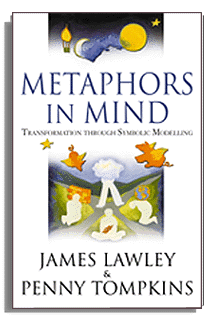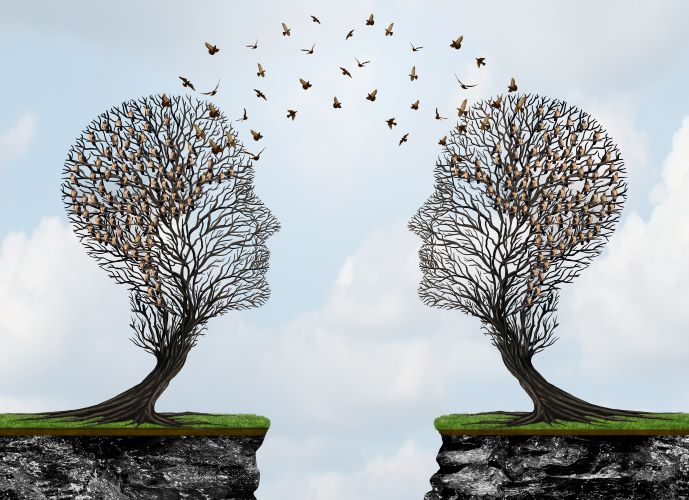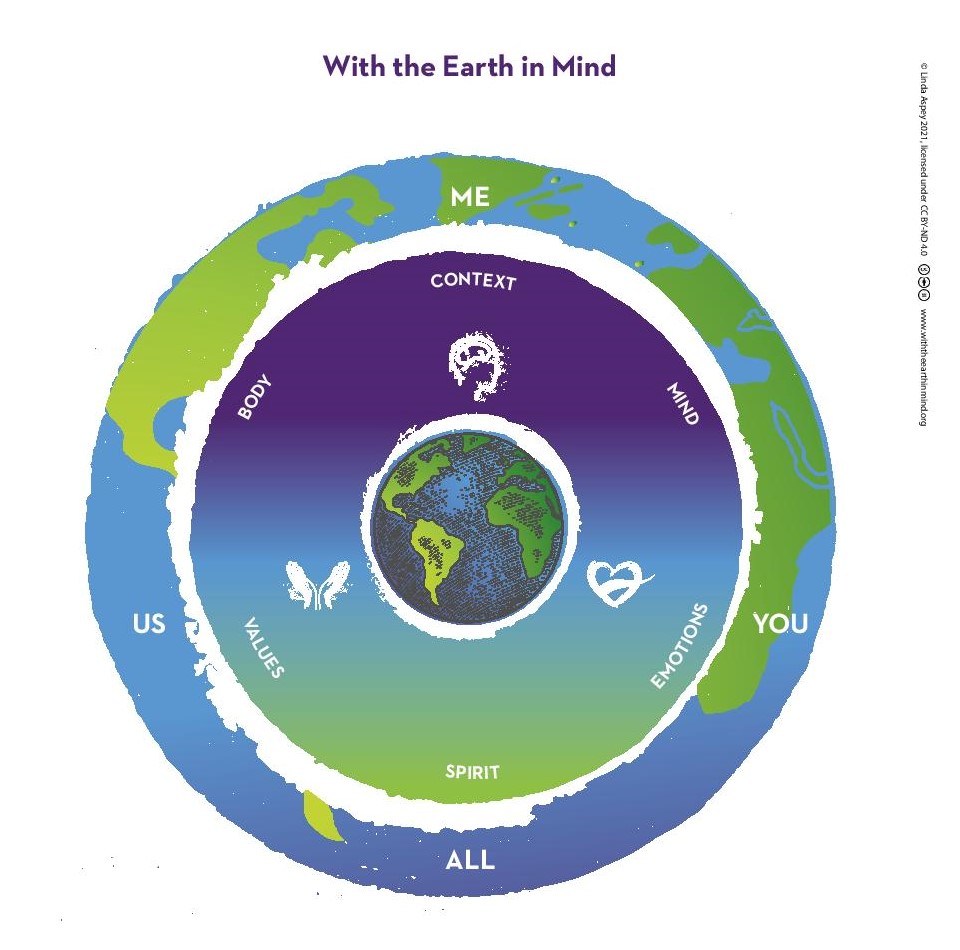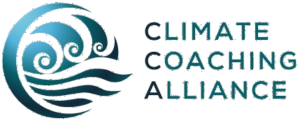Seedbank
Welcome to the Seedbank
The seedbank is designed to enable us to share nuggets and crystalise what we are all learning within CCA as it pursues its purpose. We want to share coaching specific learning in the context of climate/ecological crisis coaching, for members and by members.
These resources are free to use for anyone who would like to use them in their life or practice.
Please enjoy harvesting ideas and resources from the seedbank and we look forward to receiving the resources you will share here in return to nourish and expand what is already here.
If you have a resource which you’d like to share, please post it here.
When submitting your resource please ensure you acknowledge all of your sources as it is your responsibility to make sure there are no infringements of national and international copyright laws.
What is a seed?
And, it can come from anywhere. A different professional field, a coaching conference, a client, a conversation.
Most importantly, it needs to be shaped and crafted by you, honed into something that you have found useful (intended or unintended consequences), and just a seed, not the entire tree or the entire farm!
How do you create a seed to plant here for others to find and plant in their practice?
- Why is this seed/learning important to share with other coaches?
- What is the seed?
- What have you done with it?
- What did you specifically learn; What were the 3 key insights you gained
We would love you to share those things that didn’t work, where it went wrong, and what you learned from that too.
To submit your seed, please complete this form.
We would like to thank Jaime Blakely-Glover and Gosia Henderson for conceiving the seedbank and Nigel Cumberland for planting the first seed. Many hands and hearts have been involved in then taking that initial concept and birthing this resource for all coaches and non-coaches, everywhere.
| Image | Title | Content | Categories | Link |
|---|---|---|---|---|
 | How to measure impact? | I was asked: How can we help organisations to measure environmental impact? Organisations that want to measure their social and environment impact will need to understand how to measure and the tools to use. We met to brainstorm ideas and then played back our progress to like-minded coaches and OD practitioners at The Forest Floor organised by Katherine Long. The annotated slide attached includes contributions from attendees. This is a work in progress between Maureen Ghirelli and Laura Re Turner There are many original sources used here which are not my own. All are included in a course authored by Laura Re Turner, Systemic Agile Coaching, accredited by ICAgile. https://futurefocuscoaching.org/product-category/systemic-agile-coaching/ Seed posted by Laura Re Turner Reviewers notes: The diagram provides a useful scaffolding and points to the complexity of the landscape, as well some big pieces of the jigsaw that we might explore and become informed about as part … | 4 Eco-Engaged | |
 | Metaphors | The Essence: The use of symbolic Modelling is very powerful when coaching in general and specifically in times of uncertainty and change – which is so applicable when coaching with climate. Resource created by: The Clean Language and Symbolic Modelling Community What is the Seed?: We heard in the political pod in October 2021 of a powerful metaphor – Standing with clients by the window as a companion and opening it together. This reminded me of the wonderful methodology of Clean Language and Symbolic Modelling I use and have been trained in by Penny Tompkins and James Lawley, Marian Way and Caitlin Walker. Their books ‘Metaphors in Mind’ Penny & James and ‘Clean Approaches for Coaches’ Marian Way are worth reading. Using metaphors related to nature and inviting clients to explore these metaphors bring this model to life in a coaching conversation. For example, looking out of the window to notice changing seasons might invite the clients’ reflection on the cycle of life and e.g. renewal and energy (in spring) or … | 4 Eco-Engaged | |
 | Nature and Earth Connected Coaching | Resource from: Tabitha Jayne, Founder, Earthself Ltd I found this an incredibly grounding set of slides. The premise of greater earth connection builds a pathway I can follow and invite my clients onto. The premise is that the stronger the earth connection, the greater our: Conscious relationship recognising the interconnectedness of earth’s ecosystem Awareness of the need to support earth as earth supports humanity Connection to a divine cycle of life Clarity and sense of who we are. There are simple ways of generating earth connection experiences, each one is valid and impactful. The most concrete nature connection I create with my clients are nature walks and coaching outside. I realise that I often use metaphor and mental imagery to evoke trees, gardens, and the application of living systems leadership principles. I am wondering how I might make these experiences more concrete. The NatureConnected Framework (Slide 9) is a great … | 4 Eco-Engaged | Download |
 | The Soul of Nature: Nature Self Discovery | Resource from: Jackee Holder In essence: Stories and practical ideas and questions on how to bring nature into coaching and supervision work. This seed provides stories of nature, especially trees, being a part of the coaching space and how using nature-inspired questions and metaphors can open new thinking, provide perspectives, spark ideas, and invite new possibilities. It is supplemented with 49 questions rooted in nature and gathered under the headings of nature, seed, root, storms, bloom, branch, growth, and wisdom. These questions have been gathered and tested with the individual clients and teams, and are ready to be used in the coaching conversations. The articles also provides references to some useful evidence of the benefits of spending time in nature. The article by encouraged me to experiment with nature-inspired questions in my coaching sessions in a way that was aligned with my coaching philosophy. Since it would have been new for … | 4 Eco-Engaged, 5 Eco-Active | Download |
 | What If We Become Good Ancestors? | Resource from Helen Strong, Marcus Griswold, Julie Courtnage, John Frost, and Laura Re Turner In essence: If you know you can become a good ancestor then what will you do differently now? – An approach for coaching The seed is the question: What if we become good Ancestors, and the perspective that underpins it: that there can be a more sustainable future, that what we do now matters, and we can be good ancestors. As coaches helping those that we work with to consider their responses to this question could help them take positive action towards a life-affirming future As a first step I asked myself the question and used the staged process given in Strong et al.’s ‘ What if we became good ancestors guide’ to ask myself what I want to do now to move towards being a good ancestor. Before coaching sessions reminded myself that could be … | 4 Eco-Engaged | Download |
 | With the earth in mind | The Essence: With The Earth In Mind (WTEIM) is a systemic framework that invites people to explore thoughts, feelings and actions around climate change and intertwined social injustice environmental destruction issues. It raises self-awareness and makes possible conversations that people might not otherwise have. It invites them to explore critical issues and brings potential for meaningful change, systemically or personally. It raises awareness of regenerative steps, giving cause for hope, and inspiring them to become more intentional, purposeful and proactive. It can be used by anyone involved in coaching, mentoring, facilitation, team building, community building, and more. What is the seed: It raises self-awareness and makes possible conversations that people might not otherwise have. It invites them to explore critical issues and brings potential for meaningful change, systemically or personally. It raises awareness of regenerative steps, giving cause for hope, and inspiring them to become more intentional, purposeful and proactive. It … | 3 Eco-Aware, 4 Eco-Engaged, 5 Eco-Active | |
 | Yes you can be a coach and an activist: An exploration for the curious | Resource from Zoe Cohen and Rachel Ward Lilley The essence: An introduction to the topic of activism and an invitation to explore what’s possible for us in a coaching space. The concept of Coach and Activist are often seen as mutually exclusive and to be labelled an activist has connotations of ‘danger’ and ‘radical’. This seed is an invitation to reflect more deeply on what is the meaning of activism for us as coaches and to reflect on our impact. It provides some basic information about activism, explaining what activism is and what it isn’t, and clarifying some assumptions that we might hold about activism. It also explains how activism can take different forms and be displayed by individuals like you and me, or by larger collectives and groups. The Seed provoked me to think about the meaning of activism to me. I used it to reflect on how active I’ve … | 5 Eco-Active | Download |
